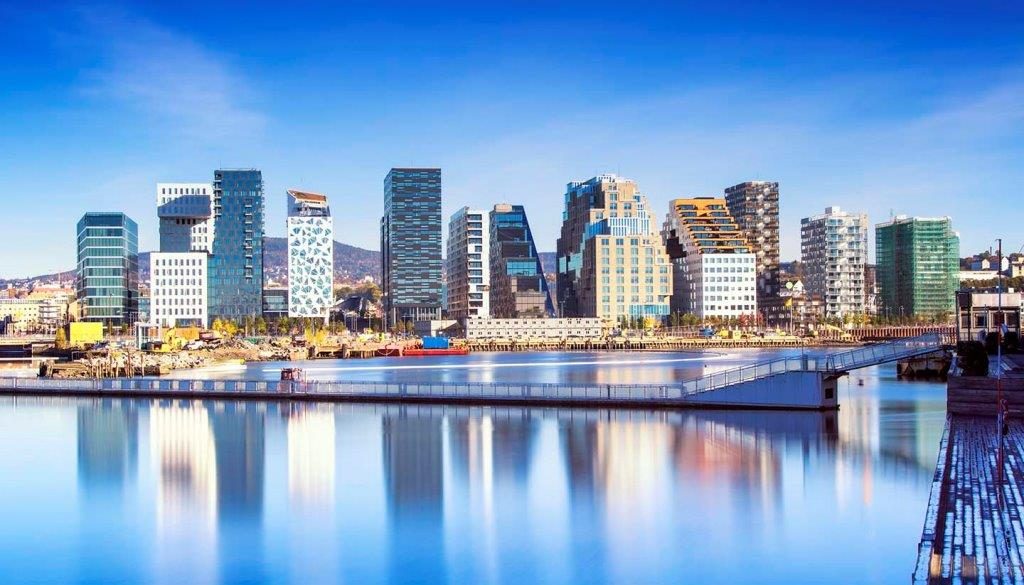The World Happiness Report, just released on March 20, World Happiness Day, has some great news for Norway: it’s the happiest place in the world. Norway, along with its fellow Scandinavian countries scores high marks on caring, freedom, generosity, honesty, health, income, and good governance.
Norway is a great place to study. A great place to live. A great place to be.

-
Happy International Students
It makes sense that the happiest place on earth has happy international students. From top-notch universities to metropolitan city life, Norway has a strong appeal to international students. In 2016, it ranked #1 in international student satisfaction.
Did we mention that the cheese slicer was invented here in 1925? While not directly related to happy international students, having a good cheese slicer on hand can certainly improve your day.

-
Tuition-free Universities
It doesn’t hurt that Norway’s public universities are tuition-free. While certain programs at these universities might charge fees, most general courses of study do not. Private universities, of course, charge.

-
Breathtaking Landscape
Norway is stunning. The midnight sun. The Northern lights. Jagged coastline. Deep fjords. Dense forests. Snow-capped mountains. Arctic foxes. Kittiwakes. Polar bears. Norway experiences extremes in all four seasons, resulting in extreme conditions… and extreme splendor. While you’re studying here, it’s worth the investment of a decent camera… and maybe a pair of Nordic skis.

-
Social System
Hailed as one of the best in the world, Norway’s social system reaches every Norwegian… and even some transplants. It offers welfare services for all; education, public healthcare, unemployment support, parental leave, and childcare. While these systems are not immediate for new residents and require some time and effort, the rewards can—and will—pay off. Keep in mind: your taxes and cost of living are high for a reason.

-
English
Most everyone in Norway speaks English, especially at the universities. This applies not just to Norway, but to Scandinavia in general. English is essential in Norway—it carries cultural currency. English and the Scandinavian languages come from similar roots, so it’s not a far cry to learn English if you already speak Norwegian. Norwegian syntax and English syntax are also similar in their ‘subject-verb-object’ constructions. Learning English is also a priority for Norwegian primary school students.
If you’re not convinced yet, you should be. Study in one of the happiest, most beautiful, friendliest, interesting, and academically rigorous places in the world. You will certainly not regret it.
